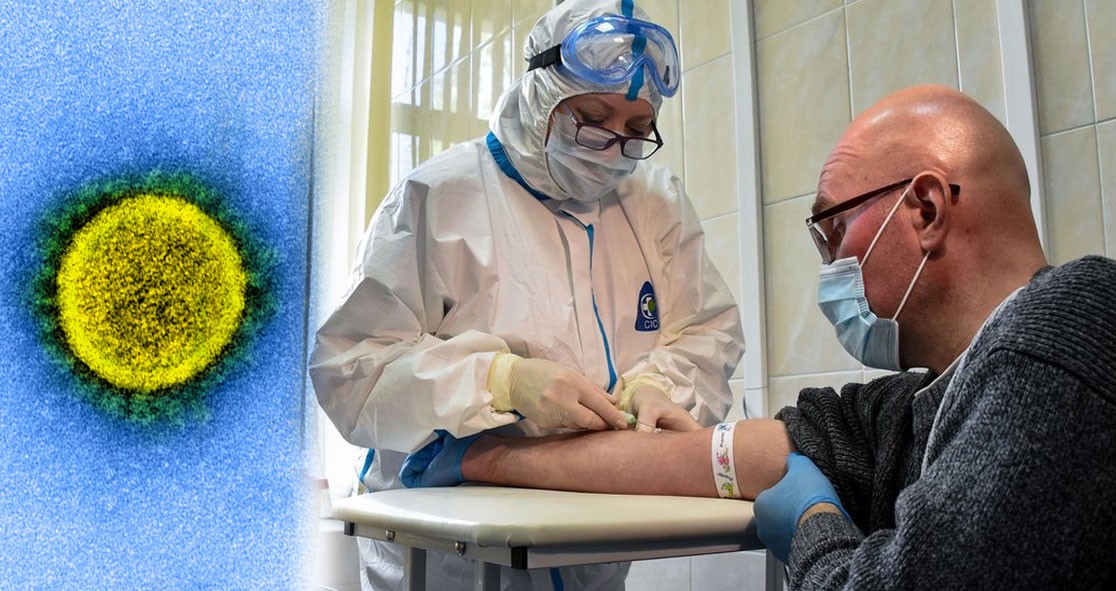It is still unclear how long are you immune to the infection after developing coronavirus (SARS-CoV-2) antibodies. Studies have shown conflicting results about whether or not people who have healed from infection can sustain the antibodies for a longer period.
New research, published in the journal Cell, led by investigators from Brigham and Women’s Hospital looked at blood samples and cells from patients who had recovered from mild to moderate COVID-19 infection. They found that the virus-specific antibodies declined in most individuals after disease resolution, but a subset of patients sustained antibodies several months after infection.
These patients, who are called “antibody sustainers,” had a shorter course of symptoms. This suggests that some people who recover from COVID-19 faster may have a more effective and long-lasting immune response to the virus. Results are published in Cell.
Study author and immunologist Dr. Duane Wesemann said, “We’ve found a subset of individuals that heal quickly while sustaining virus-specific antibody levels after COVID-19.”
“The kind of immune response we’re seeing in these individuals is a bit like investing in an insurance policy—it’s the immune system’s way of adding a potential layer of protection against future encounters with the virus,” he added.
The Wesemann laboratory studies the entire set of antibodies that are produced by a host’s immune system and how those antibodies learn to recognize pathogens.
Dr. Wesemann and his team turned their attention to the ongoing COVID-19 pandemic and the immune response of patients who were infected by the new coronavirus.
They recruited more than 90 people in Boston who had recovered from mild to moderate COVID-19 infection, from March to June. Of those enrolled, five were hospitalized, while others recovered at home.
The researchers collected and analyzed blood samples monthly and measured a range of antibodies, including immunoglobulin-G (IgG), against the novel coronavirus.
Dr. Wesemann and his colleagues found that IgG levels against SARS-CoV-2 tended to “decline substantially in most individuals over the course of three to four months.” However, in nearly 20% of the participants, antibody production was stable or enhanced over the same period.
They found that these “antibodies sustainers” had coronavirus symptoms for a shorter period of time compared to “antibodies decayers.”
In addition, the team found that sustainers had differences in memory T-cells and B-cells – the immune cells that play a key role in boosting immune memory and protection.
Dr. Wesemann said, “The data point to a type of immune response that’s not only adept at handling viral disease by leading to a swift resolution of symptoms but also better at producing cells that can commit to longer-term production of anti-virus IgG antibodies.”
“Figuring out how these individuals are able to support longer-term antibody production is relevant to COVID-19, and will also have important implications for our understanding of the immune system in general,” he added.
The article originally appeared on Medical Xpress.





















